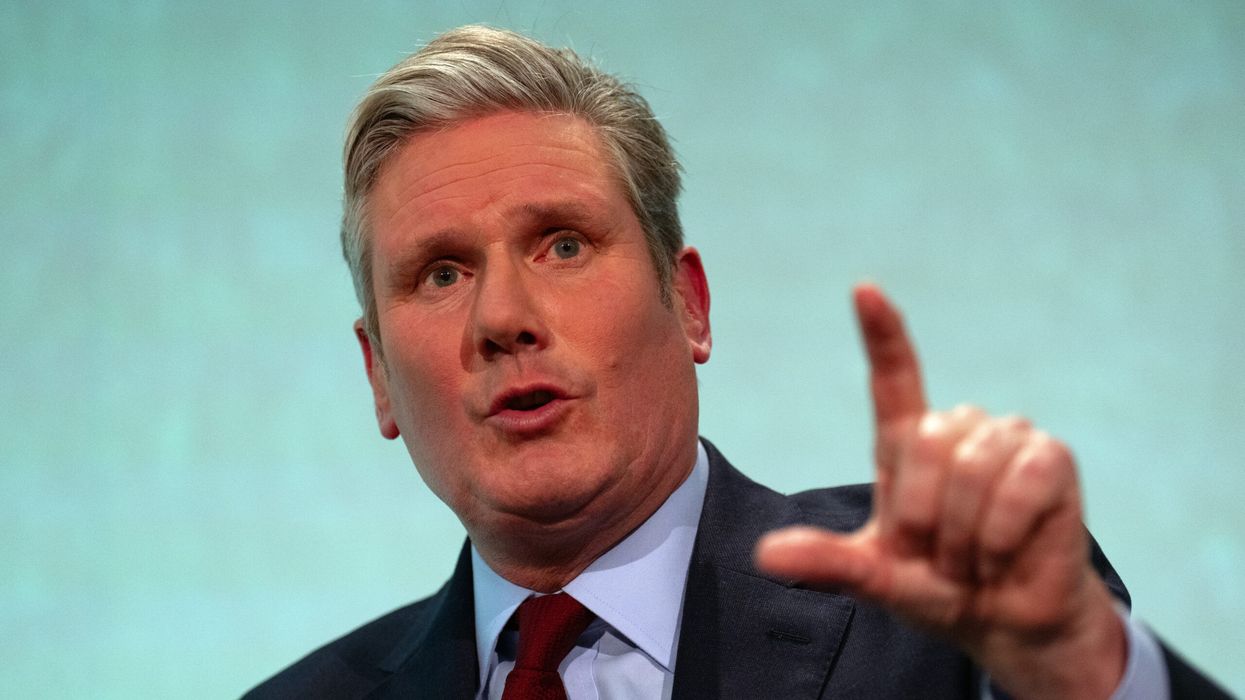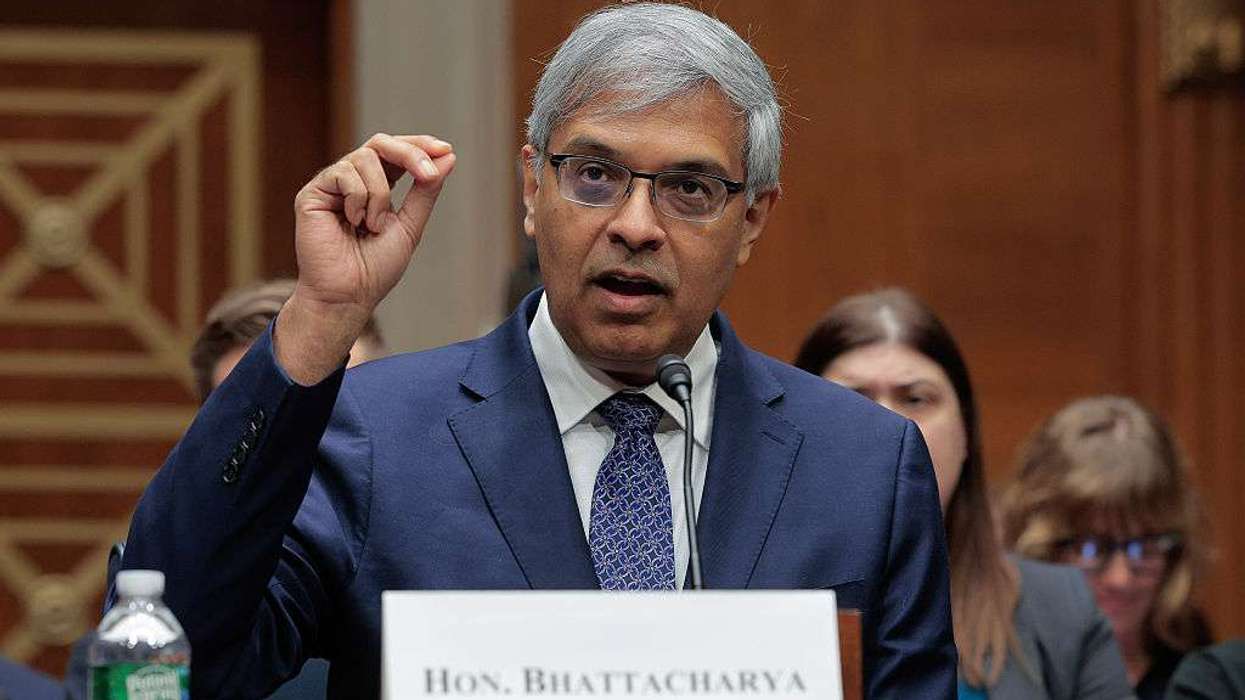PRIME MINISTER Keir Starmer avoided a parliamentary defeat on key welfare reforms on Tuesday, after agreeing to further concessions amid growing pressure from within the Labour Party.
Starmer had already softened the proposals last week following criticism from Labour MPs who said the planned cuts to disability and sickness benefits went too far.
Despite the government’s large majority in the House of Commons, the scale of the internal backlash meant more concessions were made just hours before the vote.
Cuts delayed after internal pressure
Among the latest changes was a delay to benefit cuts planned for 2026, pending a review led by social security and disability minister Stephen Timms.
The last-minute move helped the government pass the vote comfortably, with 335 MPs supporting the legislation and 260 voting against, giving a majority of 75.
However, the changes significantly weakened the original bill, which had aimed to reduce spending on the UK’s welfare system by billions of pounds. Critics dismissed the revised version as ineffective.
“This is an utter capitulation,” Kemi Badenoch, leader of the Conservative opposition, posted on social media.
“Labour’s welfare bill is now a TOTAL waste of time. It effectively saves £0, helps no one into work, and does NOT control spending. It's pointless.”
Reforms scaled back again
Work and Pensions Minister Liz Kendall introduced the updated bill in parliament on Monday, as new government figures estimated that an additional 150,000 people could fall into poverty due to the revised proposals.
Starmer had initially aimed to cut £5 billion from the welfare budget. After last week’s climbdown, that figure fell to £2.5 billion. Following Tuesday’s concessions, it remained unclear how much, if any, would now be saved.
Chancellor Rachel Reeves, who has been under pressure due to low economic growth, will need to identify alternative ways to balance the budget.
First anniversary overshadowed
The developments have coincided with the one-year anniversary of Labour returning to power after 14 years in opposition. The situation has also led to further scrutiny of Starmer’s leadership and the direction of his government.
Starmer has made a series of U-turns in recent months and has struggled to meet his government’s goal of driving economic growth.
“One year of Starmer, one year of u-turns,” Nigel Farage, leader of Reform UK, said on Tuesday.
On June 9, the government reversed a plan to scrap winter heating benefits for millions of pensioners, following strong criticism and resistance from Labour MPs.
A week later, Starmer announced a national inquiry into a UK child sex exploitation scandal, having earlier declined to do so.
Growing discontent within party
Although Starmer has a parliamentary majority of 165 MPs, which should allow him to pass legislation with ease, many in his party have raised concerns about his approach.
Some Labour MPs say the leadership is too focused on countering the rise of Reform UK, and argue that it is moving away from the party’s traditional centre-left values.
A YouGov poll published last week, based on responses from more than 10,000 people, showed that Labour is losing voters to both Reform UK and, on the left, to the Liberal Democrats and the Greens.
(With inputs from agencies)





